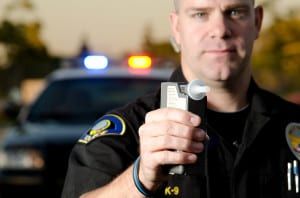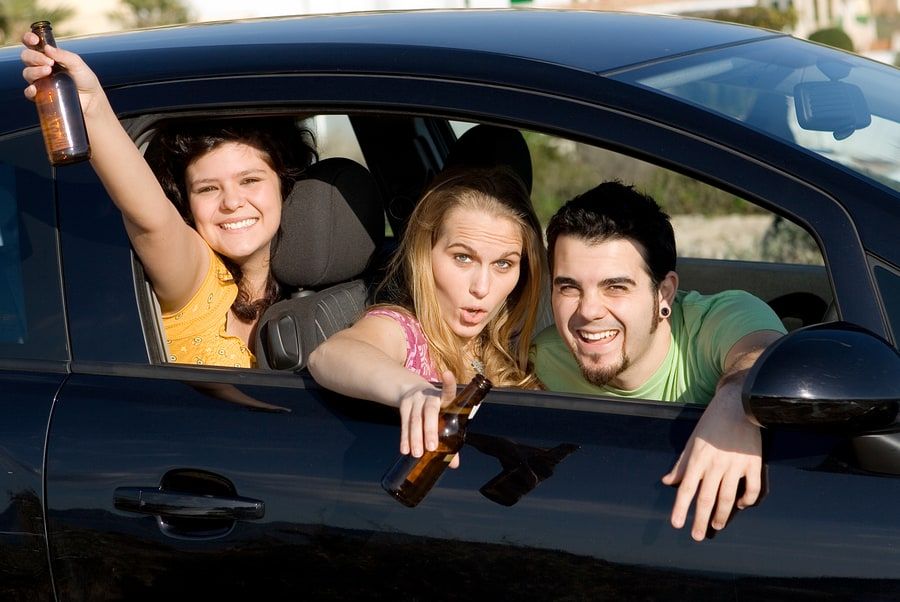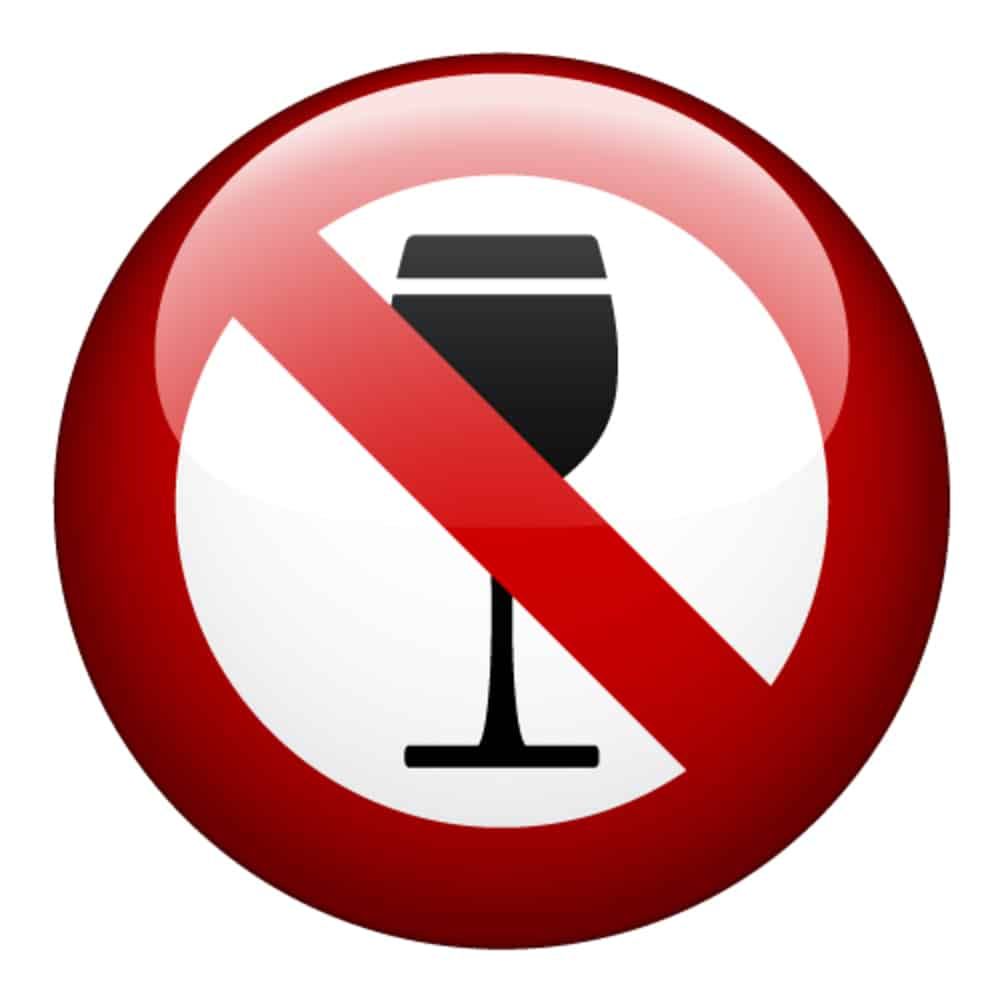 For anyone who drinks, there is a responsibility to everyone else to never drive while intoxicated. Even the most responsible drinker, however, can make a bad choice after having a few too many beers and try to operate a vehicle. There is a legal limit for intoxication across the U.S. that is the official line for prosecution of drunk driving: a blood alcohol concentration (BAC) of .08 percent. So, with that measurement in mind, would you voluntarily take a breathalyzer test in order to find out just how many drinks it takes to get you to that point?
For anyone who drinks, there is a responsibility to everyone else to never drive while intoxicated. Even the most responsible drinker, however, can make a bad choice after having a few too many beers and try to operate a vehicle. There is a legal limit for intoxication across the U.S. that is the official line for prosecution of drunk driving: a blood alcohol concentration (BAC) of .08 percent. So, with that measurement in mind, would you voluntarily take a breathalyzer test in order to find out just how many drinks it takes to get you to that point?
Occasionally, people get the chance to see where they stand in terms of BAC levels, with the blessing of law enforcement officers and without fear of prosecution. In some places, voluntary BAC screenings are held for educational purposes – not to “crack down” on drunk drivers. That’s not to say that anyone who tests at or above the legal limit cannot be arrested if they choose to drive after a BAC test, but, more often than not, the knowledge of a personal BAC “score” is enough to get people to find a safe ride home.
Voluntary BAC screenings are important because:
- You can never be 100 percent sure of your true BAC reading unless you use a breathalyzer or other chemical test.
- Drinking alcohol affects everyone differently, and until you are aware of how you feel at a certain BAC level, you may think you’re okay to drive.
- People underestimate their BAC level by guessing, and it can be a “wake up call” to realize just how intoxicated you are.
Since you could face consequences like an ignition interlock requirement (a mandatory, not voluntary car breathalyzer test) if convicted of drinking and driving, it isn’t a bad idea to try a voluntary breathalyzer test if offered. The security of knowing your limit when you drink will ultimately lead to much more responsible choices when it’s time to find a way back home, and the next time you decide to drink, you can stay well within the safe, legal limit.

 Is a Colorado Scholarship Encouraging Underage Drinking and Driving?
Is a Colorado Scholarship Encouraging Underage Drinking and Driving?